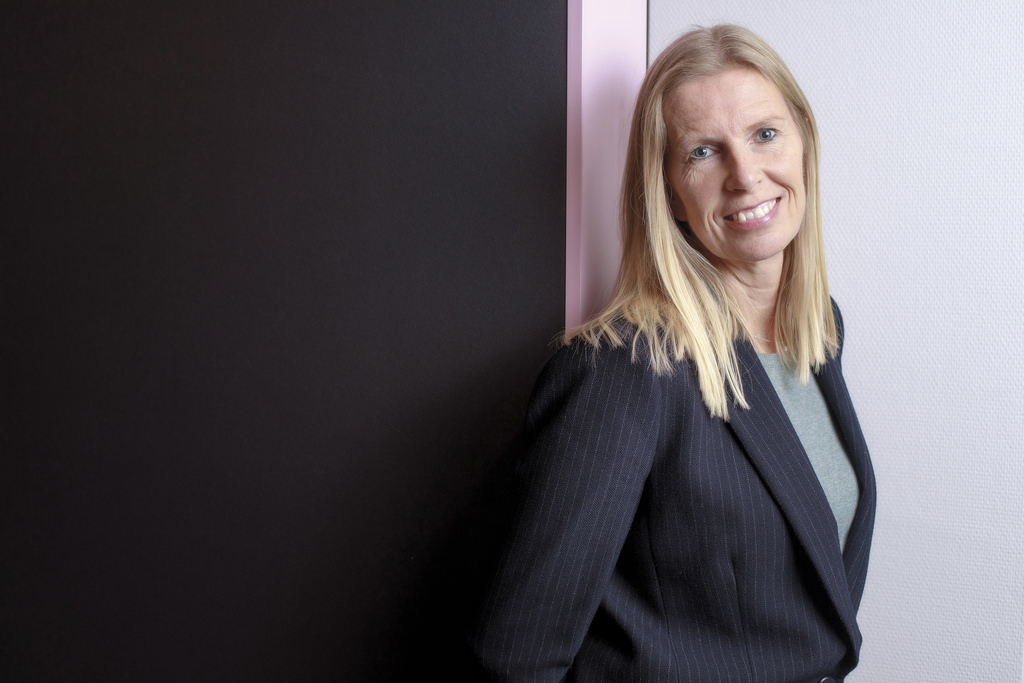University adopts zero-tolerance policy against threats and harassment of academics
Universities are to take joint action against threats and harassment of employees. A zero-tolerance policy will be implemented, and an online reporting and advice center established: WetenschapVeilig. Vice-Rector Jantine Schuit: “We want academics to participate in the public debate, so we also want to protect them.”

The extent of the problem has yet to be fully assessed. But there is no doubt that there is a problem. And yes, it affects all universities, including Tilburg University. Vice-Rector Jantine Schuit: “In recent years we have received reports of harassment responses after media appearances, online threats, and stalking situations. Even physical threats have occurred.”
In order to combat threats and intimidation of academics, the rectors of all Dutch universities have drawn up the guide “Combatting threats to and harassment of scientists,” which was recently presented to education minister Ingrid van Engelshoven. Schuit: “All (vice-)rectors have unanimously signed the action plan. There was a great deal of unanimity: this problem needs to be addressed.”
Breaking through shame
Meldpunt WetenschapVeilig is set up according to the example of PersVeilig for journalists. WetenschapVeilig will keep track of reports and relevant information, give advice, and improve interaction with, for example, the police and judicial authorities.
The universities also commit to a zero-tolerance policy: threats, harassment and physical or sexual violence are reported by default. “Provided the scientist agrees,” notes Schuit.

Universities want to show that they stand behind their employees, says the Tilburg University Vice-Rector. “We notice that sometimes there is shame when someone has to deal with threats. Didn’t I bring this on myself? Have I been too careless?
“Those are the kinds of questions scientists ask themselves, which sometimes makes them decide not to do anything. Hopefully, the national measures will help break down the shame and encourages scientists to have the courage to share their stories.”
Harassment on social media
By sharing information through the hotline, more insight into the extent of the problem should be created. “We are under the impression that threats against scientists are increasing, but hard figures are lacking,” says Schuit.
Within the universities, no structural data have been gathered until now. The national measures also state that police figures regarding reports of threats to academics are unknown.
“It is admirable that scientists do not want to be intimidated and continue to do their work”
Jantine Schuit, Vice-Rector
Schuit: “We do see that society is polarizing and people can say the most horrible things on social media.” Hundreds of intimidating Twitter messages can occur in certain situations.
A recent survey (Dutch only) among university staff conducted by Science Guide sheds some light on the matter. It revealed that 43 percent of participating scientists had faced hate reactions and threats after a public appearance in the past five years.
Not only scientists
Threats and harassment do not only affect scientists. It also affects diversity officers. Schuit: “In general, it seems that women, people from the lhbtqi community, and people with a migrant background are more often victims.”
In the fight against intimidation, the impact on the person involved should be central, Schuit believes, not the intention of the broadcaster. “Whether or not the sender intended it that way is not the most important thing. Academics who have to deal with threats and intimidation carry that with them for a long time.
“The fear is great for some people; some no longer feel free to do as they please. That absolutely should not be the case. We want academics to participate in the public debate, so we want to protect them as well.”
Academic freedom
Science Guide’s survey also found that 86 percent of participants have become more cautious in their public statements. Schuit: “It is admirable that scientists do not want to be intimidated and continue to do their work. That’s why we have to stand squarely behind them.”
Within Tilburg University, there is an extensive support structure. Scientists who want to get involved in the public debate about a controversial subject can prepare themselves with Marketing and Communication, for example by checking which contact details are visible on the website.
Anyone who is confronted with threats following a media performance can currently turn to confidential counsellors and their manager. Depending on the type of report, the Route Map to the Code of Conduct shows the way. This working method will be evaluated later, and an internal reporting point will then also be considered. Clear guidelines for a good approach before, during, and after a threat can be found in the national measures.






